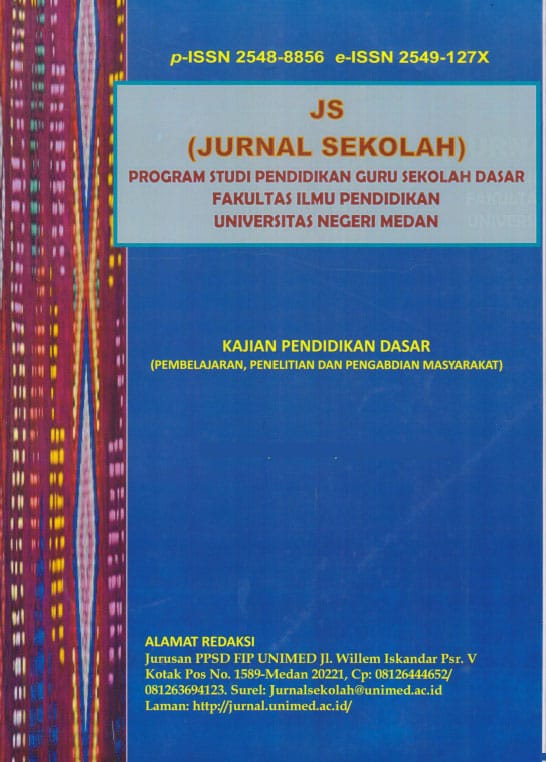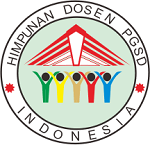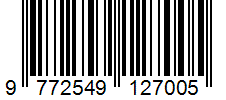PENGARUH MODEL PEMBELAJARAN DAN MINAT BELAJAR TERHADAP HASIL BELAJAR SISWA PADA MATERI LAJU REAKSI DI SMA NEGERI 1 DELI TUA
DOI:
https://doi.org/10.24114/js.v6i2.35631Abstract
Abstract : The Effect of Learning Model and Learning Interest on Learning Result of Students toward Reaction Rate at SMA Negeri 1 Deli Tua. The purpose of this study was to find out the difference in the average value of student learning outcomes who are taught by learning models and learning interests that vary in the reaction rate™s material, and to determine the interaction between learning models and interest in learning on the value of student learning outcomes. The sampling technique used is by using a purposive technique where class XI MIA-1, XI MIA-2, and XI MIA-3 as experimental class I with the Learning Cycle 5E and class XI MIA-4, XI MIA-5, XI MIA-6 as an experimental class II which was using the Problem Based Learning model. The design in this study used factorial design 2x3. Hypothesis testing was carried out using a two-way ANOVA Univariate with a significant level of 5% (0.05) obtained the result of hypothesis test < α (0.05) which is Ha accepted. Based on the results on varied learning models obtained sig 0.005 < (0.05), then Ha accepted and H0 rejected meaning that there was a difference in the average value of student learning outcomes taught with varied learning models. In the varied learning interest obtained sig 0.001 < (0.05) then Ha accepted and H0 rejected meaning that there is a difference in the average value of student learning outcomes with varied learning interests. Furthermore, on the interaction of the learning model and interest in learning, sig 0.789 > (0.05) then H0 accepted and Ha rejected meaning that there is no interaction between the learning model and interest in learning on student learning outcomes in the Reaction Rate. Keyword: Learning Cycle 5E Model, Problem Based Learning Model, Learning Interest, Study Result, Reaction Rate Abstrak : Pengaruh Model Pembelajaran dan Minat Belajar Terhadap Hasil Belajar Siswa Pada Materi Laju Reaksi di SMA Negeri 1 Deli Tua. Tujuan penelitian ini adalah untuk mengetahui perbedaan nilai rata-rata hasil belajar siswa yang dibelajarkan dengan model pembelajaran dan minat belajar yang bervariasi pada materi laju reaksi, dan untuk mengetahui interaksi antara model pembelajaran dengan minat belajar pada nilai hasil belajar siswa. Teknik pengambilan sampel yang digunakan adalah dengan menggunakan teknik purposive sampling dimana kelas XI MIA-1, XI MIA-2, dan XI MIA-3 sebagai kelas eksperimen I dengan Learning Cycle 5E dan kelas XI MIA-4, XI MIA-5, XI MIA- 6 sebagai kelas eksperimen II yang menggunakan model Problem Based Learning. Desain dalam penelitian ini menggunakan desain faktorial 2x3. Pengujian hipotesis dilakukan dengan menggunakan two way ANOVA Univariate dengan taraf signifikan 5% (0,05) apabila diperoleh hasil uji hipotesis < (0,05) maka Ha diterima. Berdasarkan hasil pada model pembelajaran bervariasi diperoleh sig 0,005 < (0,05), maka Ha diterima dan H0 ditolak artinya terdapat perbedaan nilai rata-rata hasil belajar siswa yang diajar dengan model pembelajaran bervariasi. Pada minat belajar bervariasi diperoleh sig 0,001 < (0,05) maka Ha diterima dan H0 ditolak artinya terdapat perbedaan nilai rata-rata hasil belajar siswa dengan minat belajar bervariasi. Selanjutnya pada interaksi model pembelajaran dan minat belajar, sig 0,789 > (0,05) maka H0 diterima dan Ha ditolak artinya tidak terdapat interaksi antara model pembelajaran dan minat belajar terhadap hasil belajar siswa pada Laju Reaksi. Kata Kunci : Model Learning Cycle 5E, Model Problem Based Learning, Minat Belajar, Hasil Belajar, Laju ReaksiDownloads
Published
2022-03-30
How to Cite
Dita, L. A., & Syafriani, D. (2022). PENGARUH MODEL PEMBELAJARAN DAN MINAT BELAJAR TERHADAP HASIL BELAJAR SISWA PADA MATERI LAJU REAKSI DI SMA NEGERI 1 DELI TUA. JS (JURNAL SEKOLAH), 6(2), 186–192. https://doi.org/10.24114/js.v6i2.35631
Issue
Section
Articles
License
Copyright (c) 2022 Laras Arma Dita, Dewi Syafriani

This work is licensed under a Creative Commons Attribution-ShareAlike 4.0 International License.

Jurnal Sekolah is licensed under a Creative Commons Attribution-ShareAlike 4.0 International License.
















